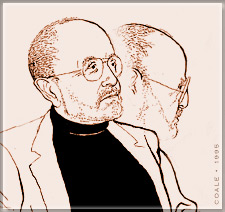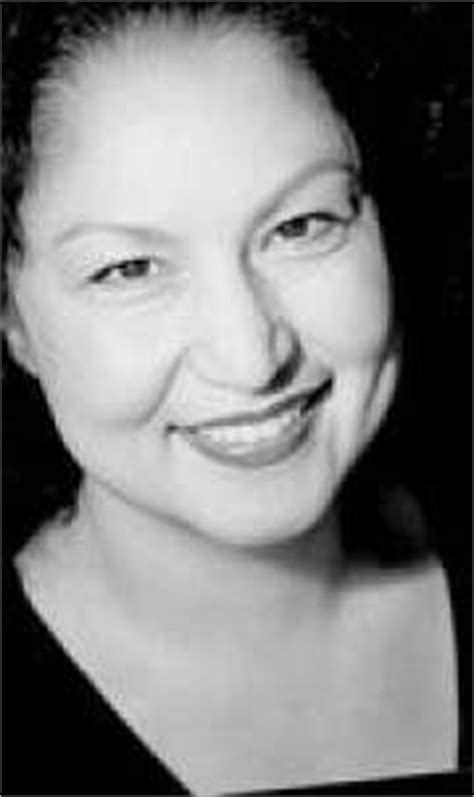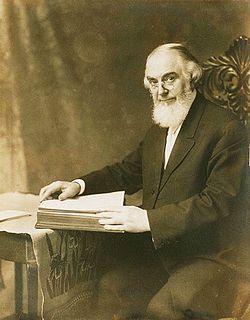A Quote by Pierre Corneille
An example is often a deceptive mirror, and the order of destiny, so troubling to our thoughts, is not always found written in things past.
Related Quotes
Remembering our past, carrying it around with us always, may be the necessary requirement for maintaining, as they say, the wholeness of the self. To ensure that the self doesn’t shrink, to see that it holds on to its volume, memories have to be watered like potted flowers, and the watering calls for regular contact with the witnesses of the past, that is to say, with friends. They are our mirror; our memory; we ask nothing of them but that they polish the mirror from time to time so we can look at ourselves in it.
He who does not meditate acts as one who never looks into the mirror and so does not bother to put himself in order, since he can be dirty without knowing it. The person who meditates and turns his thoughts to God who is the mirror of the soul, seeks to know his defects and tries to correct them, moderates himself in his impulses and puts his conscience in order.
It has always been on the written page that the world has come into focus for me. If I can piece all these bits of memory together with the diaries and letters and the scribbled thoughts that clutter my mind and bookshelves, then maybe I can explain what happened. Maybe the worlds I have inhabited for the past seven years will assume order and logic and wholeness on paper. Maybe I can tell my story in a way that is useful to someone else.
All day long the thoughts that occupy your mind, your Secret Place, as Jesus calls it, are moulding your destiny for good or evil; in fact, the truth is that the whole of our life’s experience is but the outer expression of inner thought. Now we can choose the sort of thoughts that we entertain. It will be a little difficult to break a bad habit of thought, but it can be done. We can choose how we shall think—in point of fact, we always do choose—and therefore our lives are just the result of the kind of thoughts we have
It's basically the same in all periods of societies. If you belong to the majority, you can avoid thinking about lots of troubling things.' 'And those troubling things are all you /can/ think about when you're one of the few.' 'That's about the size of it,' she said mournfully. 'But maybe, if you're in a situation like that, you learn to think for yourself.' 'Yes, but maybe what you end up thinking for yourself /about/ is all those troubling things.
Thoughts are created in the act of writing. [It is a myth that] you must have something to say in order to write. Reality: You often need to write in order to have anything to say. Thought comes with writing, and writing may never come if it is postponed until we are satisfied that we have something to say...The assertion of write first, see what you had to say later applies to all manifestations of written language, to letters...as well as to diaries and journals




































